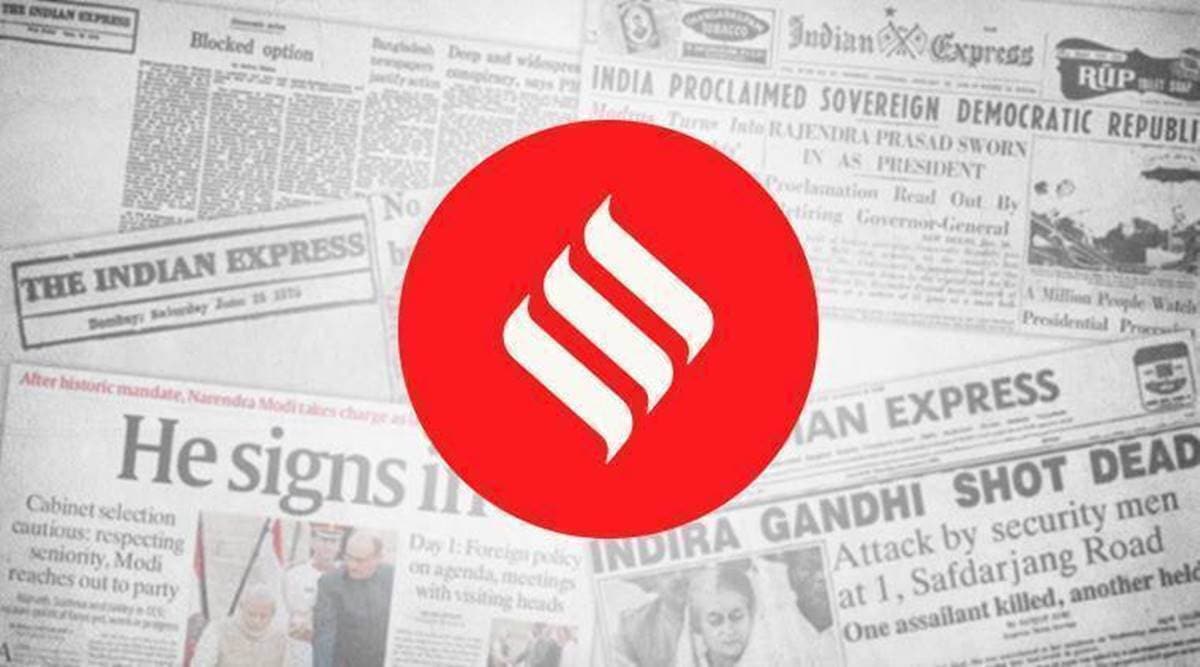 Some participants, this week, left the discussion saying it has become too toxic.
Some participants, this week, left the discussion saying it has become too toxic. In July 2020, the Internet Engineering Task Force, a voluntary, international internet standards body, proposed getting rid of racist engineering terms such as “master”, “slave”, “blacklist” and “whitelist”. Nearly a year later, debate over the proposal, which suggested using more neutral terms, continues with individual organisations making their own changes, using, for example, “allowlist” in place of “whitelist. Now the chief technology officer of the Washington-based Centre for Democracy and Technology, Mallory Knodel has asked that the task force itself use language that is more neutral. “Blocklist” could explain what blacklist does and primary would do likewise for “master”. Many have supported her but Knodel has also been accused of constructing a “Ministry of Truth”. Some participants, this week, left the discussion saying it has become too toxic.
A language is as expansive as the society it serves and our society must have a language that grows with it. If the “master” and “slave” terminology of technology is offensive to a Black person, because it reminds them of a painful historical reality, there is nothing wrong with replacing it with “primary” and “secondary”, for example. Similarly, gendered, ableist, casteist, queerphobic terms must be identified and replaced with more welcoming language, not just in technology, but in other fields as well.
Of course, there will be pushback. Recently, when ESPNcricinfo announced its conversion to gender-neutral language, with replacements such as “batter” (for batsman) and “player of the match” (for man of the match), the misogynistic overtones of the complaints that followed made it clear why the decision was needed at all. True, a change in terminology isn’t going to erase discrimination overnight, but it signals an intent to create spaces that are more accommodating. And, meaningful change can take place only when the formerly othered have the room to demand it.
- The Indian Express website has been rated GREEN for its credibility and trustworthiness by Newsguard, a global service that rates news sources for their journalistic standards.

